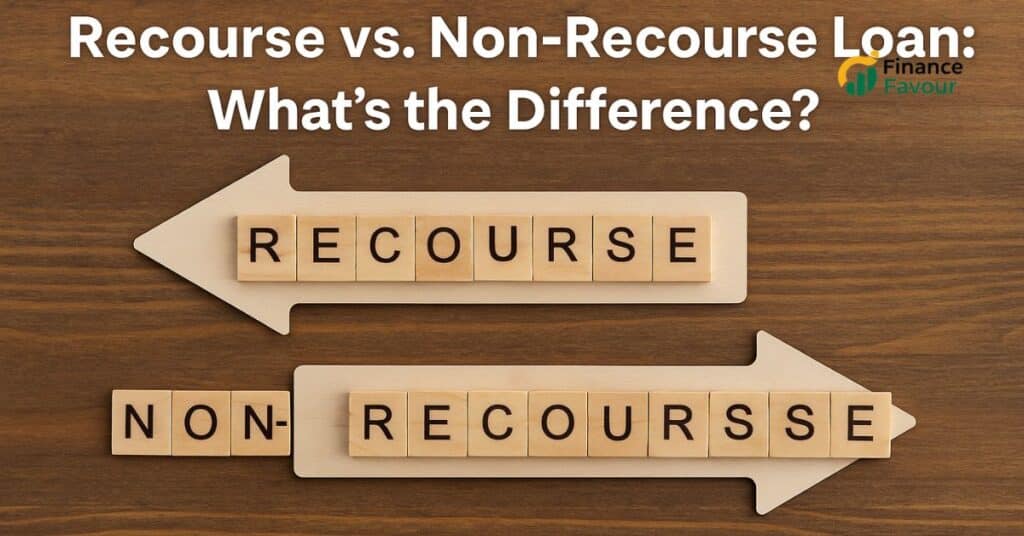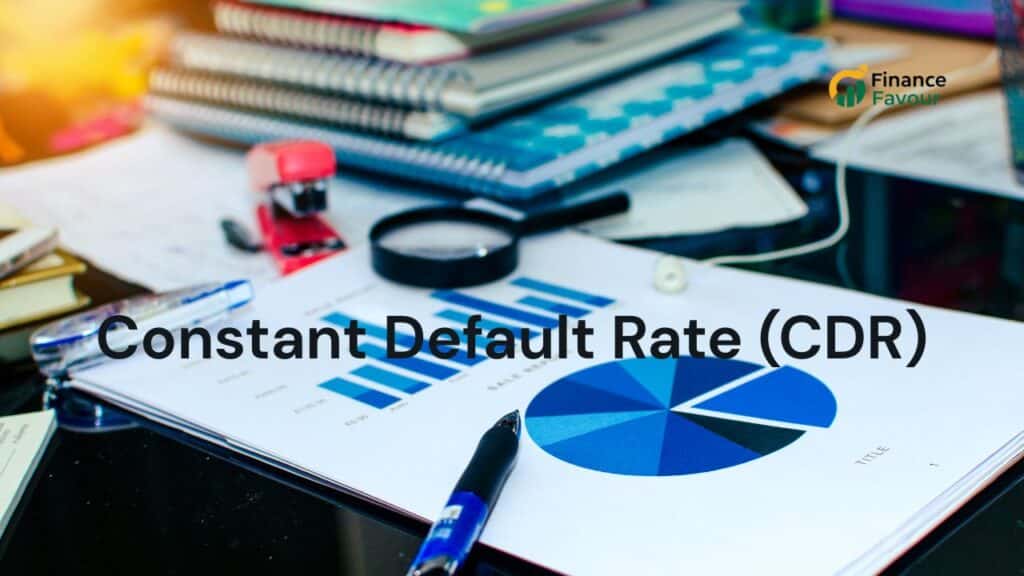Navigating the world of home financing can be daunting, especially for first-time buyers eager to step onto the property ladder. Fortunately, there are affordable home loan options available that you might not even know you qualify for. From government-backed loans designed to ease the path to homeownership to innovative low-interest home loans, these hidden loan options provide a wealth of opportunities for securing your dream home. In this post, we will demystify these lesser-known solutions, offering insights and guidance to help you make informed decisions. Our aim is to empower you with the knowledge to find the best first-time homebuyer loans, ensuring a smooth and successful journey into homeownership.
Exploring Affordable Home Loans
Discovering affordable home loans can be a game-changer for first-time buyers. Let’s delve into the world of hidden loan options, government-backed programs, and low-interest solutions that can make homeownership more accessible.
Understanding Hidden Loan Options
Hidden loan options are often overlooked but can provide significant benefits to first-time homebuyers. These lesser-known financing solutions can offer more flexible terms and lower barriers to entry.
One such option is the USDA Rural Development Loan, which supports buyers in rural and suburban areas. This program offers 100% financing with no down payment required, making it an attractive choice for those with limited savings.
Another hidden gem is the Good Neighbor Next Door Program, designed for public servants such as teachers, law enforcement officers, and firefighters. It offers homes at a 50% discount in specific revitalization areas.
Energy-efficient mortgages (EEMs) are another overlooked option. These loans allow buyers to finance energy-saving improvements as part of their mortgage, potentially leading to long-term savings on utility bills.
Benefits of Government-Backed Loans
Government-backed loans offer several advantages for first-time homebuyers, making homeownership more attainable. These programs are designed to reduce risk for lenders, resulting in more favorable terms for borrowers.
FHA loans, backed by the Federal Housing Administration, are popular among first-time buyers due to their low down payment requirements (as little as 3.5%) and more lenient credit score criteria.
VA loans, guaranteed by the Department of Veterans Affairs, offer eligible veterans and active-duty service members 100% financing with no private mortgage insurance (PMI) required.
The Fannie Mae HomeReady and Freddie Mac Home Possible programs are designed for low to moderate-income buyers, offering down payments as low as 3% and flexible source of funds for down payment and closing costs.
Low-Interest Home Loans Explained
Low-interest home loans can significantly reduce the overall cost of homeownership. These loans typically offer interest rates below market averages, translating to lower monthly payments and substantial long-term savings.
One type of low-interest loan is the Adjustable-Rate Mortgage (ARM). ARMs start with a lower interest rate for an initial period, which can be beneficial for buyers who plan to sell or refinance within a few years.
State Housing Finance Agency (HFA) loans often feature below-market interest rates and are specifically designed for first-time homebuyers or those with moderate incomes.
Some credit unions and local banks offer special low-interest programs for their members or local residents. These community-focused options can provide competitive rates and personalized service.

First-Time Homebuyer Loans
First-time homebuyer loans are specifically designed to help newcomers enter the real estate market. These programs often feature more lenient requirements and additional support to make the process smoother and more accessible.
Navigating Loan Qualifications
Understanding loan qualifications is crucial for first-time homebuyers. Each loan program has its own set of requirements, but there are common factors that lenders consider.
Credit score is a key factor in loan approval. While conventional loans typically require scores of 620 or higher, FHA loans may accept scores as low as 580. Some lenders even offer options for those with lower credit scores.
Debt-to-income ratio (DTI) is another important consideration. Most lenders prefer a DTI of 43% or lower, though some government-backed programs may allow higher ratios.
Employment history and income stability are also crucial. Lenders typically look for at least two years of steady employment and income that’s sufficient to cover your mortgage payments.
Securing Affordable Home Financing
Securing affordable home financing involves more than just finding a low interest rate. It’s about finding a loan that fits your overall financial situation and long-term goals.
Start by comparing offers from multiple lenders. This can help you find the best rates and terms available to you. Don’t forget to consider the Annual Percentage Rate (APR), which includes both the interest rate and other loan costs.
Consider the loan term carefully. While a 30-year mortgage offers lower monthly payments, a 15-year loan can save you significantly on interest over the life of the loan.
Look into down payment assistance programs offered by state and local governments. These can provide grants or low-interest loans to help cover your down payment and closing costs.
Leveraging Loan Programs
Leveraging the right loan programs can make a significant difference in your home buying journey. Here’s how to make the most of available options:
- Research all available programs, including federal, state, and local options.
- Attend first-time homebuyer education courses, which can qualify you for certain programs.
- Consider combining multiple programs for maximum benefit, such as using an FHA loan with a down payment assistance grant.
Conventional 97 loans offer 3% down payments and are a good option for those with strong credit. HomeReady and Home Possible loans provide similar benefits with more flexible income requirements.
Don’t overlook profession-specific programs. Many states offer special loans for educators, healthcare workers, and other public service professionals.

Conclusion
In the end, the best course of action is to stay diligent and informed throughout your home financing journey, leveraging professional expertise and all available resources to secure the ideal home financing option for your needs income, credit history, and tax returns. Research available loan programs that may be suited to your circumstances. Start exploring the current real estate market in your desired area. Remember, your journey towards homeownership doesn’t have to be taken alone.
Partnering with Experts
Navigating the complex world of home financing can be challenging, especially for first-time buyers. Partnering with experienced professionals can provide invaluable guidance and support throughout the process.




